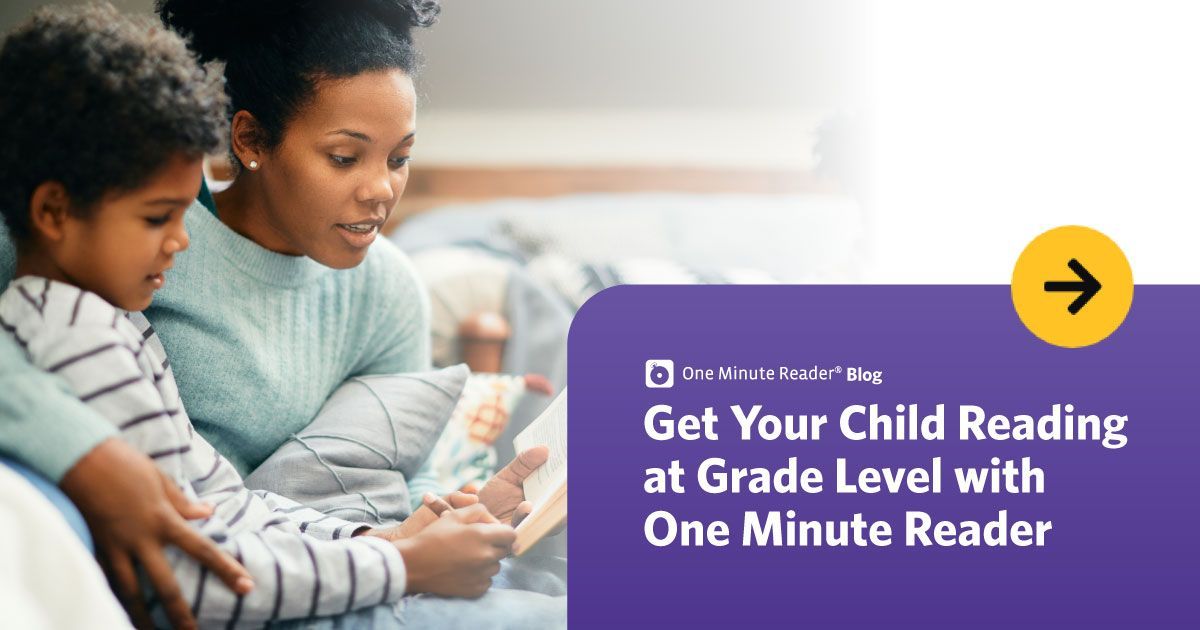Blog
7 Influential People with Dyslexia
Today’s guest post features the writing of Maria Hughes. Maria is a blogger, a parent, and someone who is very involved in the world of children’s books and child literacy. In this post, she sheds light on seven famous individuals who had dyslexia.
7 Influential People with Dyslexia
By Maria Hughes
Children with dyslexia are often misunderstood and mistreated. Parents and children constantly exposed to negative feedback need to remember that they are not alone, and their situation is far from hopeless. There are hundreds of people with dyslexia that have reached astronomical success, and here are just a few of them:
1. Albert Einstein
Albert Einstein, without doubt, had one of the most important minds in history. He may have had a hard time remembering what month it was, or how to tie his shoes, but Einstein solved some of the most intricate mathematical equations of all time and affected history with his discoveries—it didn’t even matter that he was dyslexic.
2. Leonardo Da Vinci
If your child ever believes that they can’t do something because they are dyslexic, tell them about Leonardo Da Vinci. Not only did he create the first blueprints for vehicles and contraptions hundreds of years ahead of his time, he was also an anatomist, sculptor, painter, musician, botanist, writer, mathematician, engineer, and least consequential of all, he was dyslexic.
3. Thomas Edison
Thomas Edison didn’t do well in school. He only went for about three months, officially, and had a wandering mind, did poorly with math, words, and speech. Edison had dyslexia—but that wasn’t the only thing he had. He had passion, and he applied that passion to his work, making him the inventor of the phonograph and the light bulb, among other devices that changed the world.
4. Walt Disney
If your kids watch any of the shows on the Disney channel, like Mickey Mouse or Minnie Mouse or any of the Disney characters, or have ever been or wanted to go to Disney Land, you should be the first to tell them that none of that would be possible without Walt Disney—somebody who had dyslexia. Walt Disney had to work hard for everything that he achieved, going to two schools at one time despite his learning disability, and creating one of the biggest brands the world has ever seen.
5. Whoopi Goldberg
Your children might not be familiar with much of Whoopi Goldberg’s work, but if you ever sit down to watch The View while they are around, you can point her out to them. Goldberg didn’t know that she had dyslexia until she was an adult, long after she dropped out of school. Now she has a very successful career and has overcome that which used to keep her down.
6. Orlando Bloom
While your children might not know who Whoopi Goldberg is, all you have to do is put on one of the Lord of the Rings or the Pirates of the Caribbean films to see Orlando Bloom. He struggled through school and kept his dyslexia a secret until very recently, opening up so that he could give advice to parents and kids struggling with dyslexia.
7. Cher
Cher is another strong woman that overcame dyslexia. Cher dropped out of school at age 16 and didn’t learn that she had dyslexia until she was 30, when her daughter was being tested for learning disabilities. One of the most powerful and talented singers, Cher has battled against dyslexia throughout her career and has come out the victor.
Maria Hughes is a children’s book enthusiast, parent, and online publisher for www.childrensbookstore.com. She enjoys blogging about reading and children’s books.
Highlighted Posts


Ready to see an improvement in your child's reading?
Sign up today and get seven days for FREE.
One Minute Reader is just $8 per month after your free trial.
